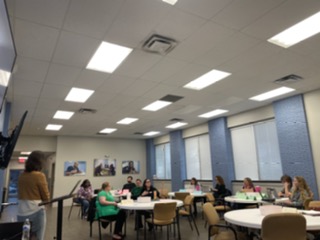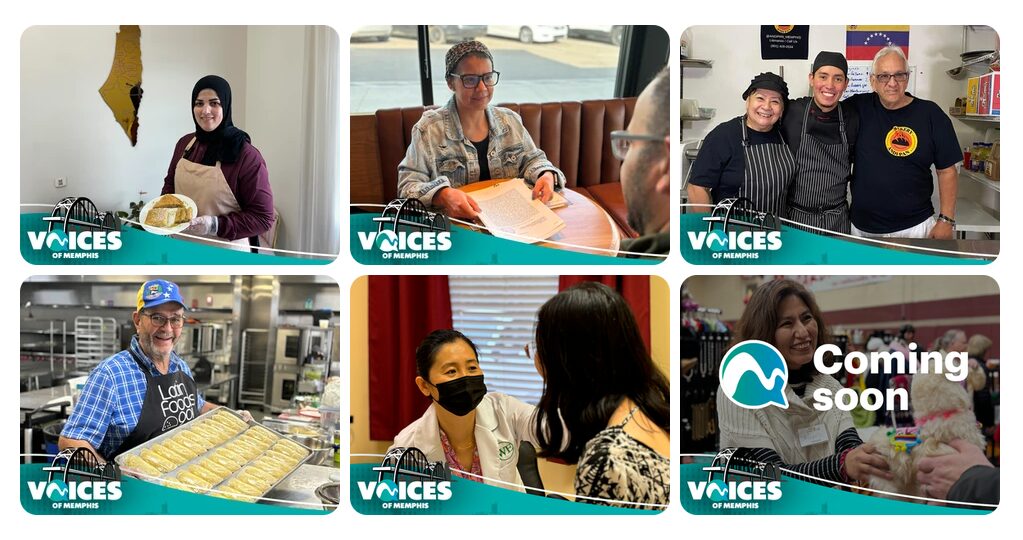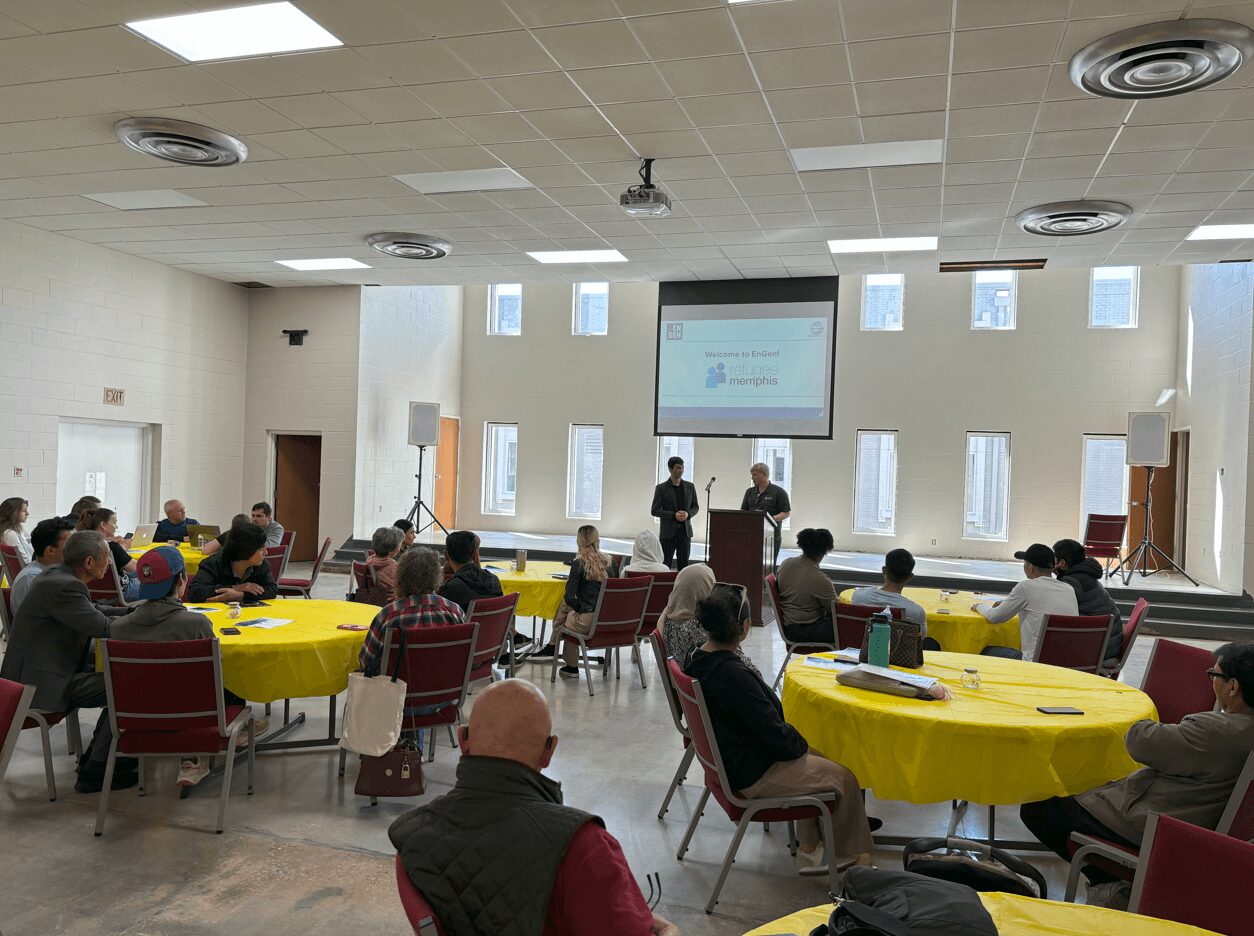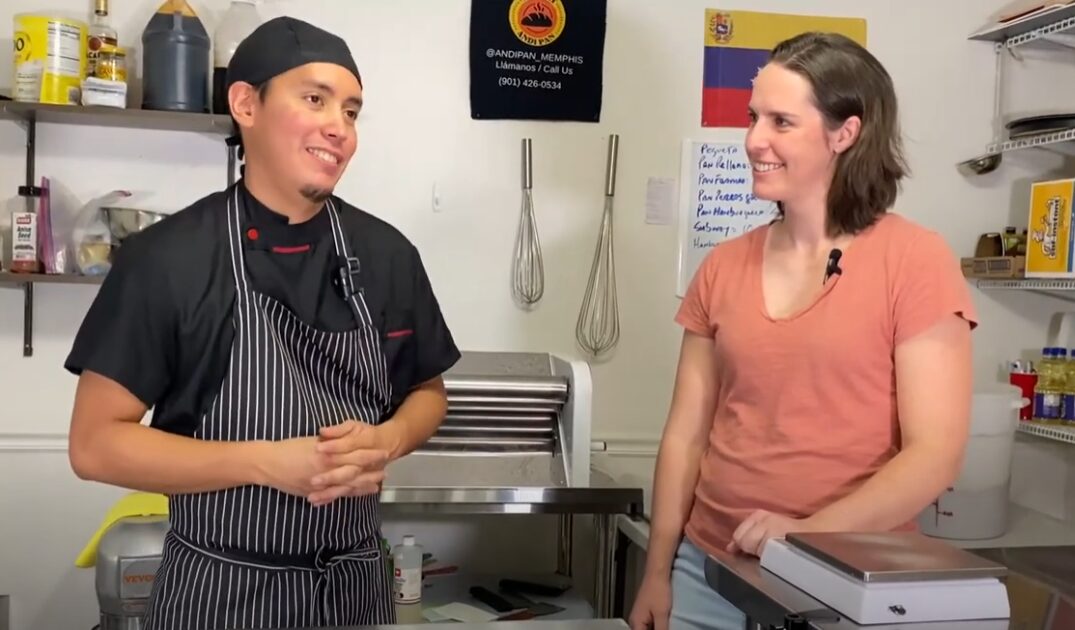

Today we’d like to introduce you to Kimberly Gardner
Hi Kimberly, thanks for sharing your story with us. To start, maybe you can tell our readers some of your backstory.
I am an English Second Language (ESL) educator by trade, and in one of my first adult ESL classrooms, I went around the room and asked people to share their name, where they were from, as well as what their job in their home country was and what their current job is. At the time I had a BA and I was shocked to learn that almost everyone in the room had a degree, or two, higher than me. I was surrounded by doctors, lawyers, head of scientific departments, and phycologists–yet they were all stuck in positions that did not match their talents. Most of them were picker/packers at a warehouse or uber drivers. It was the first time I learned about this major source of inequity–a cultural, political, and economic problem I wanted to solve.
Fast forward a couple of years later, (in the middle of Covid). I had decided that if I was stuck at home I might as well get a MA in TESOL (Teaching English to Speakers of Other Languages) and applied to my dream school, the University of San Francisco. My MA thesis focused on brain waste among highly skilled immigrants in the US–causes and potential solutions–and resulted in a resource website for TN employers, which outlined research-validated reasons why hiring immigrants was a good business move, provided links to free ESL service providers across TN, and gave suggestions for building programs. It was an amazing experience–I got to connect with TN State Department leaders in charge of ESL programs as well as a representative from Tyson who was focusing on developing their own program in house.
During my final semester, while I was pregnant and wrapping up course work, a professor, who was a second generation immigrant, looked at my website and said “Oh my God, I love this. You have to make this into a business.” So, I did, officially opening in February 2023. Now, I work with nonprofits and companies–providing resources so language learners can fill rolls that match their talent, designing career pathway and incentive programs, and meeting with local and national organizations to share about why companies need to invest in this demographic, from an economic and humanitarian point of view.
Can you talk to us a bit about the challenges and lessons you’ve learned along the way. Looking back would you say it’s been easy or smooth in retrospect?
If I had to do it over again, I don’t think I would change anything. But I don’t recommend learning how to launch a business while learning how to be a parent for the first time. I am an expert in my field, and most of what I do, I have been doing for years. But the business aspect was a huge learning curb! I also had multiple health issues that first year, making all of it extra challenging. But I made it and finally feel like the vision is clear–I can see the path forward.
Thanks for sharing that. So, maybe next you can tell us a bit more about your business?
Like most businesses, my business solves a problem, or really two problems–they are just two sides of the same coin. On the economic side, there is currently a talent shortage in the US. In addition, a labor shortage is projected, as baby boomers leave the workforce and our population rate wanes. One study predicted that by 2030 over 90% of the net workforce growth would be immigrants and their children. Yet, less than 5% of adult English Language learners in the US are enrolled in English classes. This means we are not meeting the needs of our future workforce. On the humanitarian side, the average immigrant has a higher level of education than the average American, yet they are stuck in low-skill positions that do not match their talent, and, currently, there is no infrastructure in our current system to help them acquire the occupation specific language skills they need to fill roles that they already have years of experience in.
In short, companies are missing out on talent and many internationals are not living the lives they have worked so hard to build. WhyHireImmigrants (WHi) works with companies and nonprofits to provide English upskilling as an employee benefit, to create career pathways for those learning English, and to design incentive programs as hardworking adults, who are already in the workforce, seek to learn the skills needed for promotions and dream jobs.
Something I am most proud of: Our marketing campaign, Voices of Memphis.
While the data clearly shows that that internationals come to the US with valuable talent and experience, we want to show Memphians the amazing talent right here in our city by highlighting local, immigrant owned businesses and posting their content on social media. (Long story, but we partnered with a graphics design company from Mexico to help us launch this project. Let me know if you have follow up questions.)
Are there any important lessons you’ve learned that you can share with us?
Take it easy. This is a marathon, not a sprint. As a teacher, the pace of work is really fast–plan for 5 lessons today, proctor a test, submit results by Friday, contact 20 students by the end of the day–everything felt urgent and rushed. You lived day to day, and week to week. The world started and ended with semesters. Now, as a business owner, I have to, or get to, slow down and focus on long term goals and impacts, evaluate trends and needs, test a solution and adjust based on the outcome. It is very different than how I have lived life the past 10 years, but I think it suits me now.
Contact Info:
- Website: https://www.whyhireimmigrants.com
- Instagram: https://www.instagram.com/whyhireimmigrants/
- Facebook: https://www.facebook.com/profile.php?id=61555412098376
- LinkedIn: https://www.linkedin.com/in/kimberlygardner123
- Youtube: https://www.youtube.com/@VoicesofMemphis















